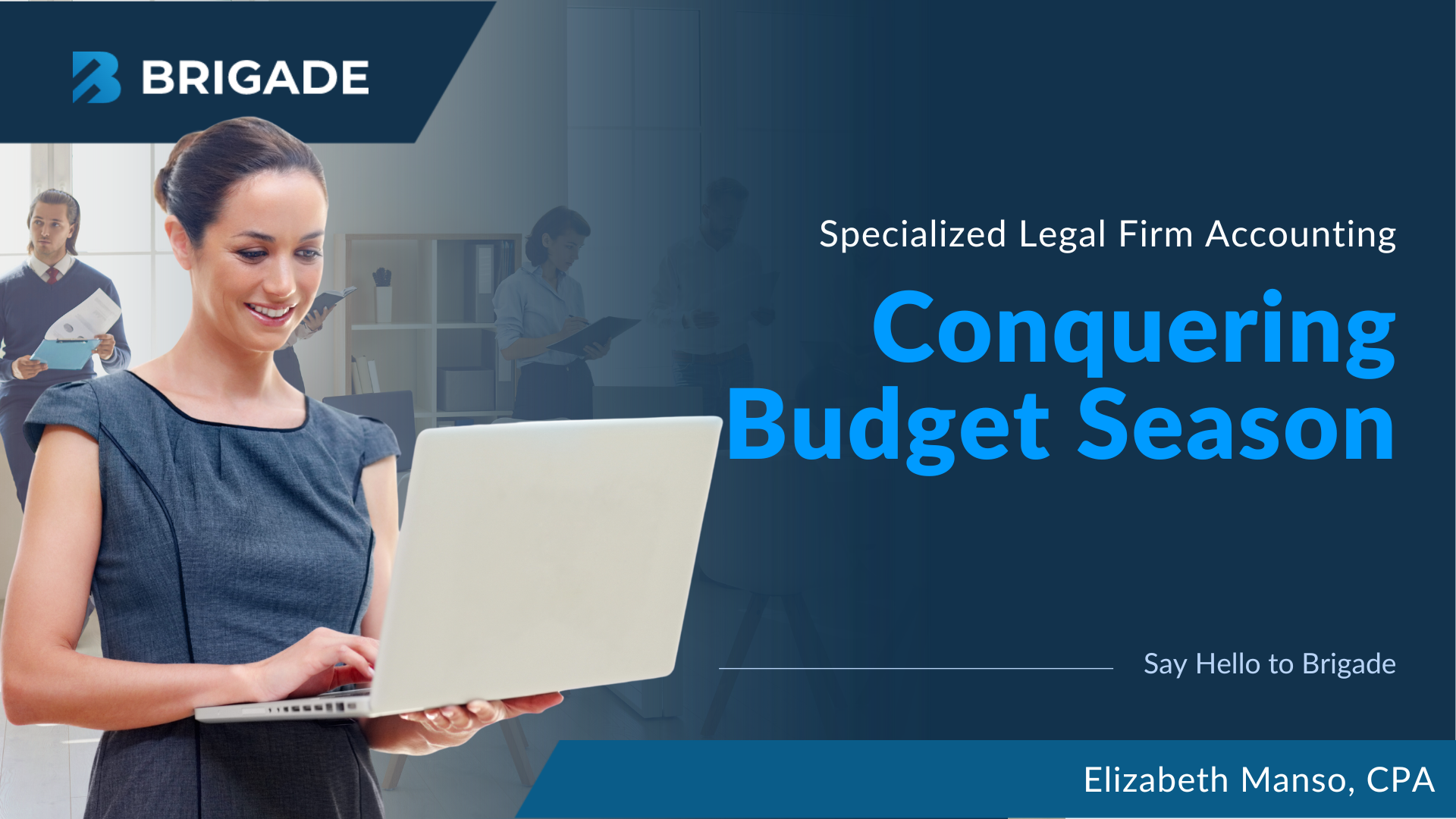
You own a small business. You are reluctant to move the financial and accounting work out of house. Why? Often, it comes down to money. It seems like an expensive proposition. The ironic thing is, it can cost your business more if you don’t have an accountant on your team.
Am I saying this because I’m biased about the subject? Well, yes, I am! I don’t want your business to lose money or to fail! You’ll find that good accountants are sincerely and deeply committed to the success of your business.
But, I’m getting ahead of myself. Let’s look at what that data tells us before I make my big pro-accountant pitch.
I get that outside accounting may not be right for every small business. At the same time, I have to wonder why more don’t at least consider it. Why? Here are a few facts:
- 28% of small businesses have received an IRS notice or have been audited. This number goes up as businesses grow in size and number of employees. As your business grows, so will the complexity and the likelihood of mistakes and omissions.
- Managing payroll and HR takes about 40 hours of bandwidth a month. Let’s be real. That is a lot of time that is likely better served elsewhere.
- About 20% of all small businesses fail to make it through their first year. Half fail before their fifth year, and only one in three survive 10 years or more, according to the SBA.
What if you do have an accountant?
A 2019 survey conducted by the HR & Accounting software firm OnPay offered encouraging findings about the accountant-client relationship:
- While taxes and bookkeeping are the services most often outsourced to an accountant, there’s a good chance they also use their accountants for higher-level services including:
- Payroll (38%)
- Accounts payable/accounts receivable (37%)
- Financial projections (32%)
- Cash flow (27%)
- Choosing a business entity (26%)
- Business consulting (25%)
82% said they think their accountant knows their business either well or very well.
87% Agreed or Strongly Agreed that “My accountant is a trusted advisor who I can turn to for a wide range of business advice.”
Those are numbers to celebrate!
I want to help you succeed
When you are perceived as a trusted advisor, it means you are seen as a professional who effectively shares as much wisdom as possible, is consultative, and has the empathy to make advice understood and actionable.
I love it when my clients know from our experiences together that I have a keen sense of what it takes to run a company and can offer advice on strategy—all in the interest of helping them improve their bottom line.
I want to help you succeed. Let’s have a chat to see if our services are right for your small business.
**Additional Source:

